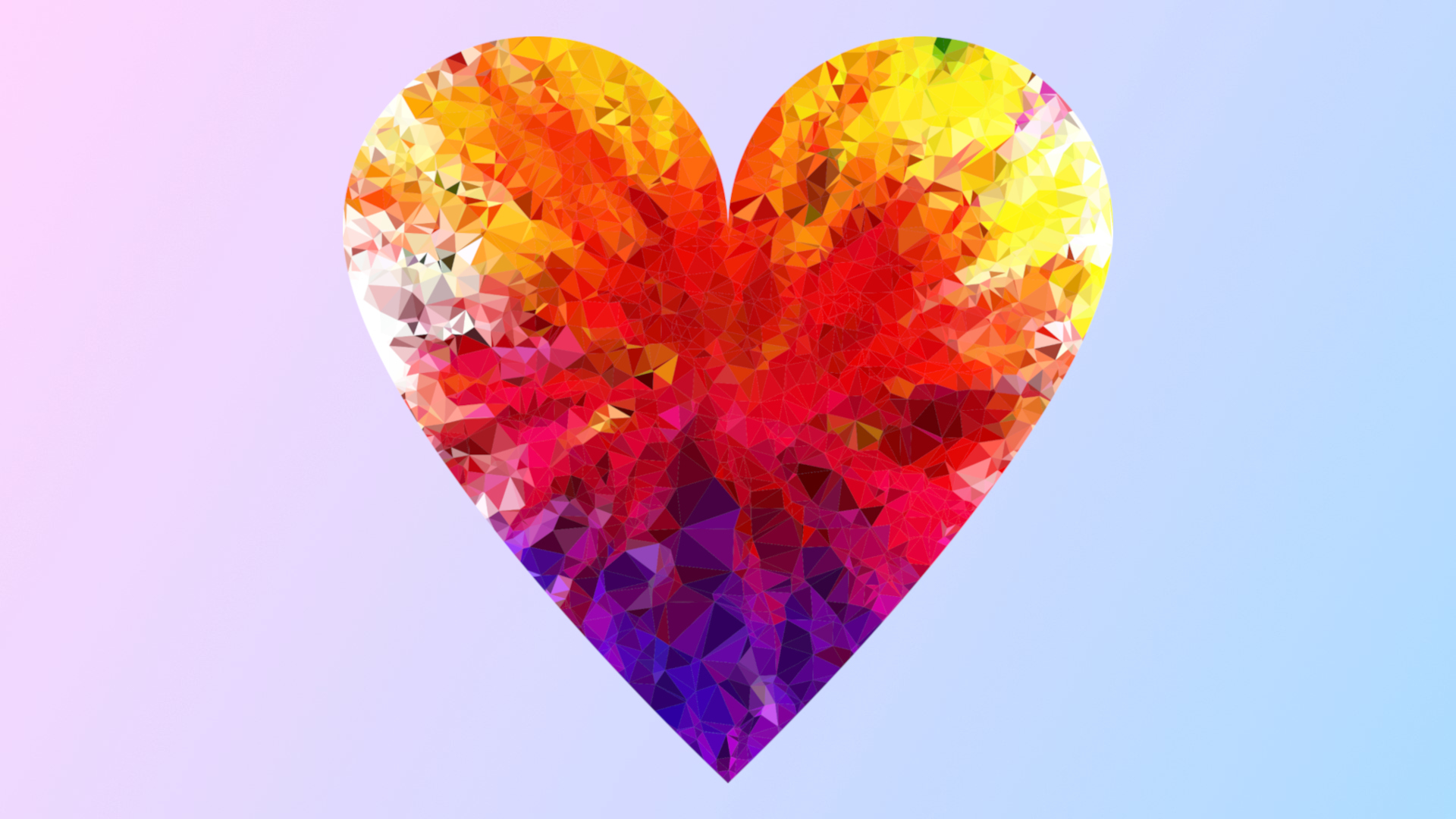
When we work and live with people over a long period of time, we have occasional and what may seem unsurmountable troubles in certain relationships. Gradually an atmosphere builds up around us, and also inside of us. These are not necessarily big issues, just the accumulation of day-to-day misunderstandings that come of living with others. It might be that we feel ignored, looked down on, or disrespected in many little ways. The hurts are momentary, but these little injuries make their way into our hearts and create heaviness. We begin to look at the ones who caused the hurt differently, with traces of dislike or resentment. Others pick up that feeling, and then the atmosphere around us becomes as heavy as our own hearts, until no one feels able to be open and honest and share what they are thinking about it all, for fear of being criticised.
Dadi Janki, the late Administrative Head of the Brahma Kumaris, said that everything starts with the heart. The heart holds feelings of resentment and disappointment, as well as love and joy. When the heart is full of these hurts, it affects our relationships and our ability to go within and meditate. What is needed is to look inside and understand what is going on in the heart and clean it away. Every little or large injury or hurt, builds on the ones before, until we develop a habit of taking offence, feeling a little sad, having a lack of self-worth. These subtle thought forms affect our personalities and alter the way we meet the world, make sense of the world, and create relationships. Cleaning the heart means being able to look inside the heart, removing things that do not belong there, and keeping things that do belong there, like respect for the self and others and our intrinsic sense of worth.
Removing these hurts from the heart is an act of forgiveness. This can be done in two ways. First, by forgiving others. Sometimes we feel that the actions or words of others were so bad, that it is simply not possible to forgive. However, we have to try, because we do not want to live with that subtle disconnection with others and hold on to the hard and heavy feelings in our hearts. We do not need to say anything, it may not even be possible to do so, but the forgiveness begins inside. We become aware of the hurt and the feelings; we remember what happened and, in our mind, we acknowledge that we do not want to live that way, and so choose to forgive them. We can say in our minds “I know what you did/said caused me sorrow, but for the sake of my own peace of mind and harmony now, I forgive you completely and release all the sorrow I took and liberate you from this” – and then we let it go. Nothing needs to be spoken, the other will pick it up and the atmosphere will lighten.
The second aspect of forgiveness, and arguably more important than forgiving others, is forgiveness of the self. The conversation in the mind is the same process, but now it is a conversation with the self, “I know that I have done/said these things and I must have felt was right at the time, but I see now that it was not, and have caused others sorrow. I apologise and forgive myself and commit to being different from now on”. It may be just as effective to write it all down, but then, let it go.
When we have held something in the heart for a long time, even if we do forgive, there is sometimes a tendency to bring it back, as we are so accustomed to holding on to that feeling. So, what we have to do is fill the heart with something else. We need to replace it with love. We must cultivate deep feelings of pure love for others and the self. Every single soul knows this feeling and every one of us wants love. Practising this we come to a place of peace.
All of this is connected with a meditation practice; the ability to go inside and to become aware of the world of thoughts, feelings, experiences, and memories inside. As we revisit this cleansing every day, even if only for five or ten minutes a day, we develop mastery of what we think and feel. To cleanse the heart and move on requires mastery, strength, and understanding of how the true self works. Setting a programme for this every day can help to refine the practice.
In the morning in meditation, set an intention for the day. In the evening, reflect on what happened and forgive the self and others and thereby clear the heart each day. Our hearts then become lighter and lighter. We all need help to manage the craziness and anger in the world right now, and being in control of what comes into the heart is vital. We can do this by keeping the inner state of our hearts kind and strong, clear, clean and full of generosity.
Judy Rodgers lives in Peace Village, the Brahma Kumaris retreat centre in New York, and serves on a number of global initiatives for the organisation.